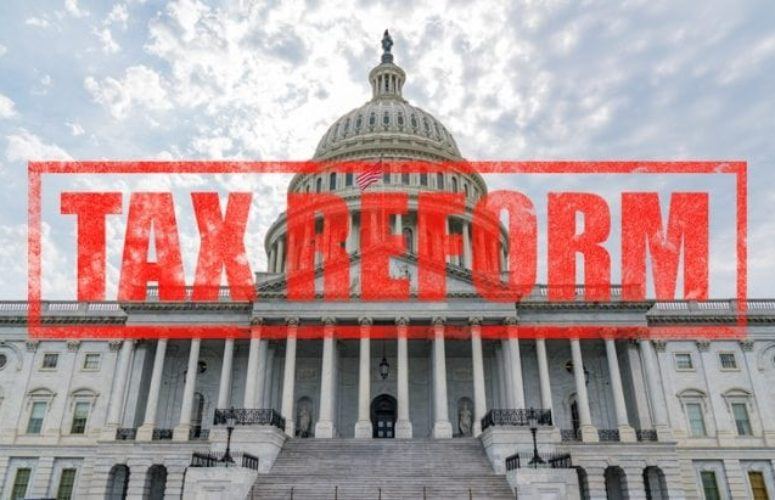
Taxpayers Should Weigh Considerations Before Deciding to Prepay Property Taxes
On Dec 26, 2017The passage of the Tax Cuts and Jobs Act has many New Jerseyans considering whether to prepay a portion of their 2018 property tax bill by Dec. 31, 2017, and to claim the deduction on their 2017 tax return. Under the plan, there is a $10,000 cap on state, local and property tax deductions for those who itemize; the plan does not specifically rule out real estate prepayments.
The New Jersey Society of CPAs (NJCPA) cautions taxpayers to weigh the pros and cons of prepaying their property taxes, and to consider several factors when deciding to prepay:
- Taxpayers who are subject to the Alternative Minimum Tax (AMT), whereby taxpayers are charged with at least a minimum amount of tax despite their deductions, will not benefit from prepaying their property taxes.
- Taxpayers who are not affected by the AMT could benefit from prepayments.
- If the individual has adequate cash on hand, prepayments make sense.
- Congress could act in the coming weeks to retroactively disallow prepayment of property taxes.
- Individual towns can also refuse any such prepayment, which is why it’s beneficial for taxpayers to check with their town tax assessor before deciding to prepay. Similarly, mortgage servicers may not accept prepayments, particularly if payment is coming from an escrow account.
“Having the ability to prepay some of one’s 2018 tax bill is a plus for some constituents and could result in savings in their overall federal tax bill, but not everyone will be so lucky,” added Ralph Albert Thomas, CEO and executive director at NJCPA. “It will depend on one’s own financial situation.”
Income tax cannot be subject to the prepayments, nor can estimates of tax payments. The individual tax rate cuts expire in 2025.
Taxpayers should consult with a CPA or other consultant prior to making tax planning moves.
Related Articles:





